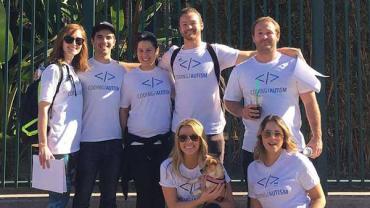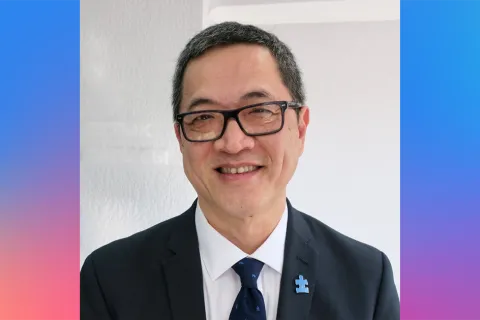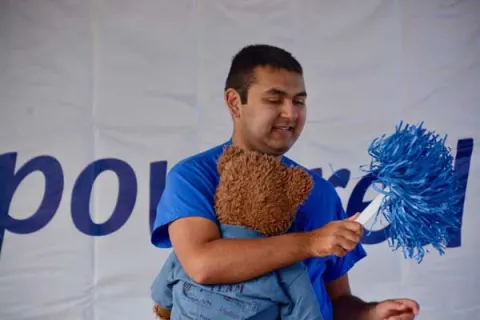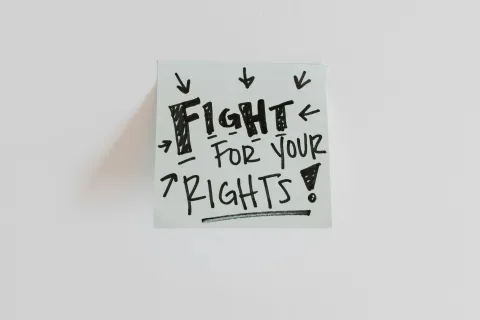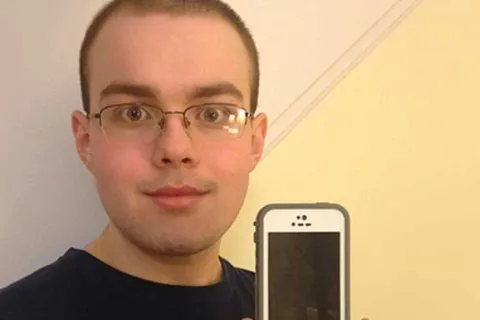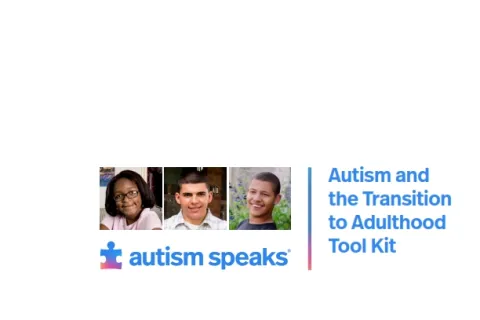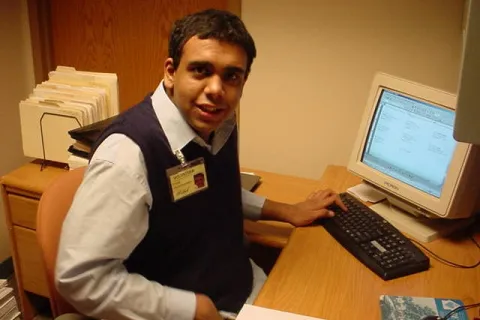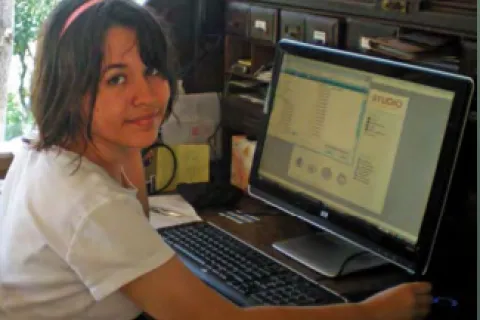What inspired me to help improve the lives of people with autism
By Oliver ThorntonThis blog post is by Oliver Thornton, CEO and Co-Founder of Coding Autism and an individual on the autism spectrum.
In 1994, I was diagnosed with Asperger syndrome shortly after my older brother, Trinity, was diagnosed with autism. At the time, an autism diagnosis came with very negative misconceptions. Several doctors told my family that my brother's autism was so severe that he would not likely be able to speak in his lifetime.
My parents were very concerned after hearing such feedback. Despite this, my parents worked tirelessly to ensure that my brother received the care necessary to overcome these barriers. Through the support of family, teachers, speech therapists, and a dose of Lenny Kravitz's hit song "Fly Away," Trinity spoke his first words at the age of 7 by singing that song. From that point on, my parents enrolled Trinity into public school with me, where we were both part of the IEP (Individualized Education Program) until graduating high school.
Although my autistic traits were less pronounced than those belonging to my brother, he became a formative inspiration to me. His story taught me to embrace living with Asperger’s syndrome and to believe that I could accomplish anything I put my mind to.
It wasn't until my senior year at California Lutheran University (CLU) where I started to piece together the direction in which I wanted to take my life. For one of my capstone classes, I was assigned the task of developing a start-up concept and enrolling it into the CLU New Venture Competition. Having grown up with autism and wanting to start a business that would help the autistic community, I decided to research what challenges I could address when creating my business.
The findings were beyond eye opening. I came across articles, TED talks, and much more that discussed the major problems of unemployment and underemployment amongst adults on the autism spectrum. Additionally, my research showed that 1.) that there was a positive correlation between the stereotypical characteristics of a person on the autism spectrum and those of a successful software engineer (Wired), and 2.) that technology professions had more job vacancies than any other industry in the United States, with average entry level salaries of above $40,000 a year (Glassdoor).
I was motivated to look further into why people on the autism spectrum were not getting hired for high-growth positions. I found that the problem was not that autistic individuals were not employable. In fact, large companies such as Microsoft, SAP,and Ernst and Young (EY) started their own autism hiring initiatives. These initiatives were so successful that almost all of them were expanded to other locations and filling a wider variety of job positions (Monster). The real problem was that there were insufficient programs, companies, or educational curricula for adults on the autism spectrum that would help them develop and learn the skills needed to qualify for high-growth careers. Because of this, over 80% of all adults on the autism spectrum are either unemployed or underemployed (Forbes).
Ultimately, this 80% figure was what drove me to come up with Coding Autism. I enrolled Coding Autism into my university’s New Venture Competition, where I was selected as a top 5 company to present in front of an audience of over 150 people on April 30th, 2016. The prize was $2,500 to be used towards the development of winner’s start-up idea. This recognition helped me realize where I wanted to take my life and how I could give back to the autism community.
With a new sense of purpose, I channeled newfound energy into creating a more progressive society for people on the autism spectrum. I was able to express my vision to the crowd and panelists at CLU and ended up winning the competition.
The feeling I received from winning the CLU New Venture Competition was indescribable. Not only did the victory validate my concept for Coding Autism, but it inspired me to keep pursuing my dream to build a company that would benefit the autistic community.
I firmly believe that everyone on this planet has a specific purpose and that in order to discover that purpose, you have to go through many life experiences. As someone on the autism spectrum, I see the world through a different lens. I have experienced firsthand how despite the assistance of IEP, the traditional education system disadvantages individuals on the autism spectrum. I have also witnessed people on the autism spectrum such as my brother, thriving in our society if they are provided the necessary accommodations.
What individuals with autism need is a progressive learning and support platform tailored to their needs rather than sticking with traditional methods that repeatedly prove to fail.
Since April of 2016, Coding Autism has participated in several other venture competitions such as TechWeek Los Angeles, the ASU Innovation Open, and the Global Social Venture competition and won the 805 Start-Ups competition. Additionally, we just wrapped up a successful crowdfunding campaign on StartSomeGood, where we raised $52,855. The proceeds of our campaign will be used towards the development of our ASPIRE program, which will be the first-ever full time web development program specifically designed for adults on the autism spectrum based out of Los Angeles, CA.
For those who took the time out of their busy lives to read this article, I hope that my story of founding Coding Autism inspires you to discover your true purpose. If you have not discovered your purpose yet, my advice to you is to try as many things as humanly possible that you are intrigued and passionate about, and to read heavily about societal problems that you have an attachment to. The more you are aware of your surroundings and discover their flaws, the more likely you are to realize what your purpose in life is. Don't be afraid to take risks or challenge traditional norms, follow your gut, and learn from your life experiences!


